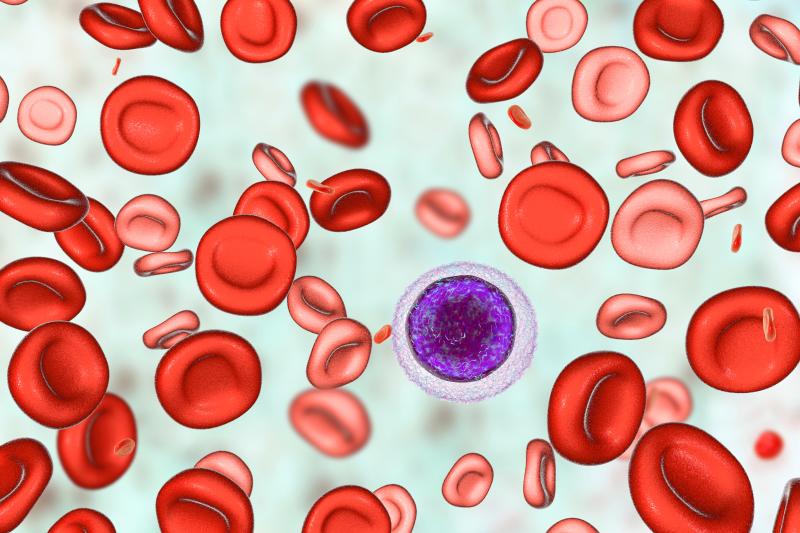
Iron supplementation results in reduced heart failure hospitalization, enhanced cardiac function and exercise capacity, better quality of life, and lower serum levels of pro-B-type natriuretic peptide (NT-proBNP) and C-reactive protein (CRP) in patients with heart failure, according to a meta-analysis.
“Our results suggested that iron supplementation reduced hospitalization for worsening heart failure, but could not decrease all-cause mortality, which might result from a relatively small number of reported all-cause deaths,” the researchers said.
The databases of PubMed, Embase and Cochrane were searched through March 2018 and yielded 10 randomized controlled trials (RCTs) involving 1,404 heart failure patients who underwent iron or placebo treatment. Fixed- or random-effects models were used to calculate odds ratio (ORs) and weighted mean differences (WMD).
Hospitalization for worsening heart failure (OR, 0.39, 95 percent CI, 0.19–0.80) as well as the combined outcome of death and heart failure hospitalization (OR, 0.47, 0.32–0.69) were significantly decreased with iron treatment. Iron supplementation also improved New York Heart Association class, 6-min walk distance, left ventricular ejection fraction (LVEF) and peak oxygen consumption (pVO2). [Am J Med 2019;132:955-963]
In addition, iron therapy correlated with improvements in the following measures: Patient Global Assessment, Kansas City Cardiomyopathy Questionnaire score, European Quality of Life-5 Dimensions score and Minnesota Living with Heart Failure Questionnaire score.
Compared with patients on placebo, those who received iron supplementation also had significantly reduced serum levels of NT-proBNP (WMD, –332.48 pg/mL, –497.48 to –167.47) and CRP (WMD, –4.64 mg/L, –6.12 to –3.17).
These results confirmed the findings of several clinical trials in the past that were conducted to determine the effects of iron supplementation on exercise capacity, quality of life and adverse events in heart failure patients.
For instance, the FAIR-HF and the CONFIRM-HF studies reported significant improvements in clinical symptoms, functional capacity and quality of life among heart failure patients who received intravenous ferric carboxymaltose (FCM). [N Engl J Med 2009;361:2436-2448; Eur Heart J 2015;36:657-668]
In the EFFECT-HF study, treatment with intravenous FCM supplementation in heart failure patients with iron deficiency showed a beneficial effect on pVO2 relative to standard treatment. [Circulation 2017;136:1374-1383]
On the other hand, the IRONOUT-HF study found no significant improvement in exercise capacity in heart failure patients with iron deficiency and reduced LVEF who were treated with high-dose oral iron. However, another clinical trial with a small sample size reported improved functional capacity with oral iron therapy for 12 weeks. [JAMA 2017;317:1958-1966; Eur J Heart Fail 2017;19:245]
“Iron deficiency in heart failure can lead to decreased oxygen delivery and aggravation of symptoms such as dyspnoea and fatigue, and consequently impair exercise tolerance and quality of life,” the researchers said. [Int J Cardiol 2016;205:6-12]
“Several observational studies investigated the association between iron deficiency and clinical outcomes in patients with heart failure and showed that iron deficiency was a strong and independent predictor of mortality,” they added. [Eur Heart J 2010;31:1872-1880; Am Heart J 2013;165:575-582.e3; J Am Coll Cardiol 2011;58:1241-1251]